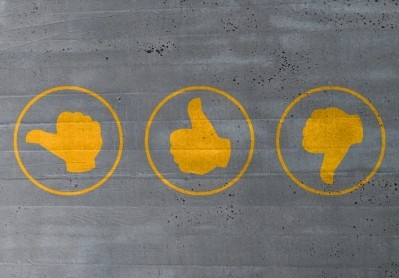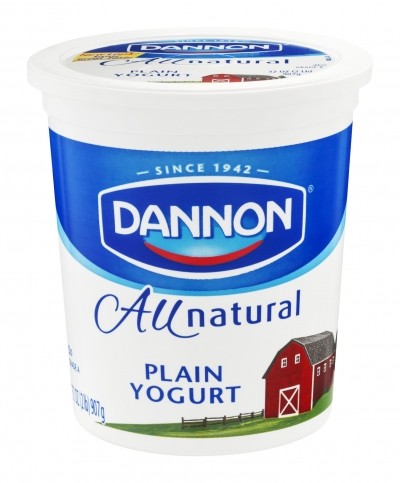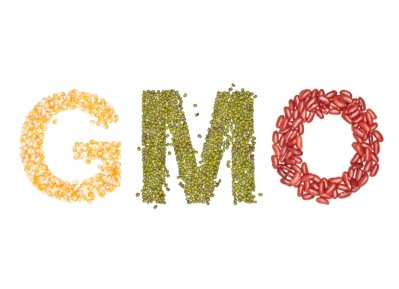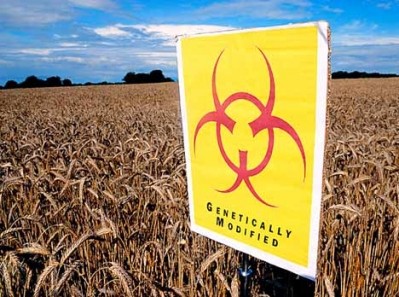Conference urges drive toward GMO-free Europe
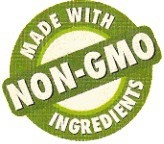
The GMO-free Europe Conference 2012 has been co-organised by the Greens and the GMO-Free Regions Network, and is the first such meeting in two years.
Currently, two GMOs (genetically modified organisms) are approved for cultivation in Europe – Monsanto’s MON810 corn, and BASF’s Amflora potato. Several other GMO crops are not approved for cultivation but can be imported into Europe, and unintentional presence of GMOs is tolerated at a level of up to 0.9% in other crops.
Speaking with FoodNavigator, GMO campaigner for the Greens in the European Parliament Arnaud Apoteker said that GMO legislation in Europe is at a critical stage. Yesterday, key campaign groups met “to strategize and figure out how to go along in our fight to keep a GMO-free Europe,” he said, ahead of today’s more formal meeting.
Questioning authority
“The main political issues are directly related to upcoming issues at the Commission level,” said Apoteker, including other GMO crops pending EU approval, and the issue of whether individual member states should be allowed to impose national bans for individual crop cultivation without invoking action from the World Trade Organization.
“Up to now, if you want to ban the growing of GMOs, it means you question the authority of the EC,” he said. But in his view, there is no need for revision of the current law on national bans.
“Our opinion is that we don’t really need a new text because if we read the original text, depending on how you interpret it, it allows for member state bans….We don’t want to lose something for a dream that may not materialise.”
Also on the conference agenda is the issue of new GMOs being proposed for commercialization and how the risk assessment is performed by EFSA (the European Food Safety Authority).
Voluntary GMO-free labelling
In addition to the legislative issues, the conference organisers are also working on a voluntary label certifying that a product is GMO-free, Apoteker said. Such a designation already exists in Germany, Austria and France, which have programmes to label meat, milk and eggs as GMO-free, considering that animals fed GM crops are not required to be labelled as GM under EU legislation, and the European Union imports about 30m tonnes of GM crops as animal feed each year.
Carrefour’s Engagement Qualité, for example, now has about 300 products labelled GMO-free, and Apoteker claims that many producers of GMO-free products have seen a significant increase in sales since they started labelling.
“The question now is whether we need EU-wide regulation or whether it would be more efficient to push companies to begin to label in a practical but significant way.”
Apoteker said that following the conference, he would like all stakeholders to have a clear picture of future possible outcomes.
“What I would like is that everyone goes back saying ‘how can we work together to make sure that the EU is GMO-free’ – not just my region, my city, or my fridge.”
